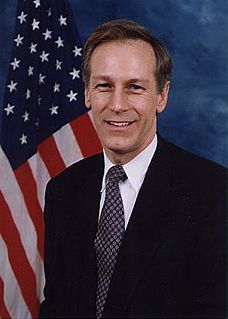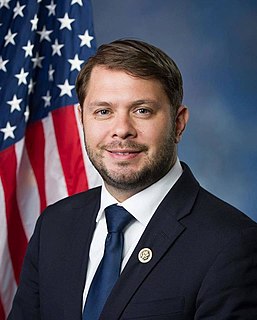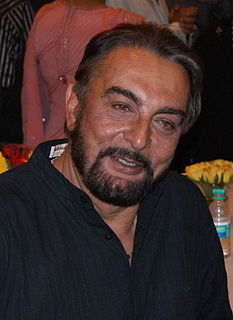A Quote by Howard Gardner
In a large country like the United States or India, families differ significantly on their own education values, and I don't believe it is necessary to put everyone through the same curricula and assessments.
Related Quotes
The ideals and the values of the United States inspired the entire world. I don't think any of us can say that our standing in the world now, the way children around the world look at the United States, is the same. And part of what we need to do is to send a message to the world that we are going to invest in issues like education, we are going to invest in issues that relate to how ordinary people are able to live out their dreams. And that is something that I'm going to be committed to as president of the United States.
In pursuing economic growth, India and the United States share similar values and similar challenges. We understand that the global economy is here to stay. To keep growing and leading the world in innovation and opportunity, the United States and India must trade freely, openly, and according to the principles of the global marketplace.
I think that it's very important to have the United States' engagement in many situations we have around the world, be it in Syria, be it in the African context. The United States represents an important set of values, human rights, values related to freedom, to democracy. And so the foreign policy engagement of the United States is a very important guarantee that those values can be properly pursued.
I felt the calling to serve my country. My parents came to the United States from Mexico and Colombia, and this country treated them well. It gave my sisters and me the opportunity to get an education and succeed. I wanted to repay my country for how they treated my family and ensure that our values and freedom are intact for future generations.
After the privatization of public education everyone will get to choose a school that reflects only your own social values. No need for the competition of ideas or critical thinking. So the curriculum will be up to the school to determine. I am certain that the growing percentage of us who have McJobs will welcome this opportunity to spend a large portion of our income on education and choose an ideology at the same time.
For in Asia and around the world, India is not simply emerging; India has already emerged. And it is my firm belief that the relationship between the United States and India - bound by our shared interests and values - will be one of the defining partnerships of the 21st century. This is the partnership I have come here to build. This is the vision that our nations can realise together.
In a country like India, we don't want to put everyone in one big mixture. We have a different language, culture and cuisine for each region, even though we are united in the larger context. We are more like a fruit salad, where each ingredient has its own specialty, each fruit its distinct flavor, and together, the salad makes a tasty dish, without losing the individuality of each constituent.
I think in theory, the United States finds it much easier to deal with situations where there is a leading country. You can go to the leaders of that country and say, for example, to India, "There are all these problems in Bangladesh, we really have to do something about it, what do you suggest we can do to work out a common policy?" But when you don't have the equivalent of India, you have to go capital to capital trying to put together a coalition, which is extraordinarily difficult, especially in the Arab world, because of the historic rivalries and branches of Islam.
The United States stands by its friends. Israel is one of its friends Peace can be based only on agreement between the parties and agreement can be achieved only through negotiations between them. The United States will not impose the terms of peace. The United States is prepared to supply military equipment necessary to support the efforts of friendly governments, like Israel's, to defend the safety of their people.


































